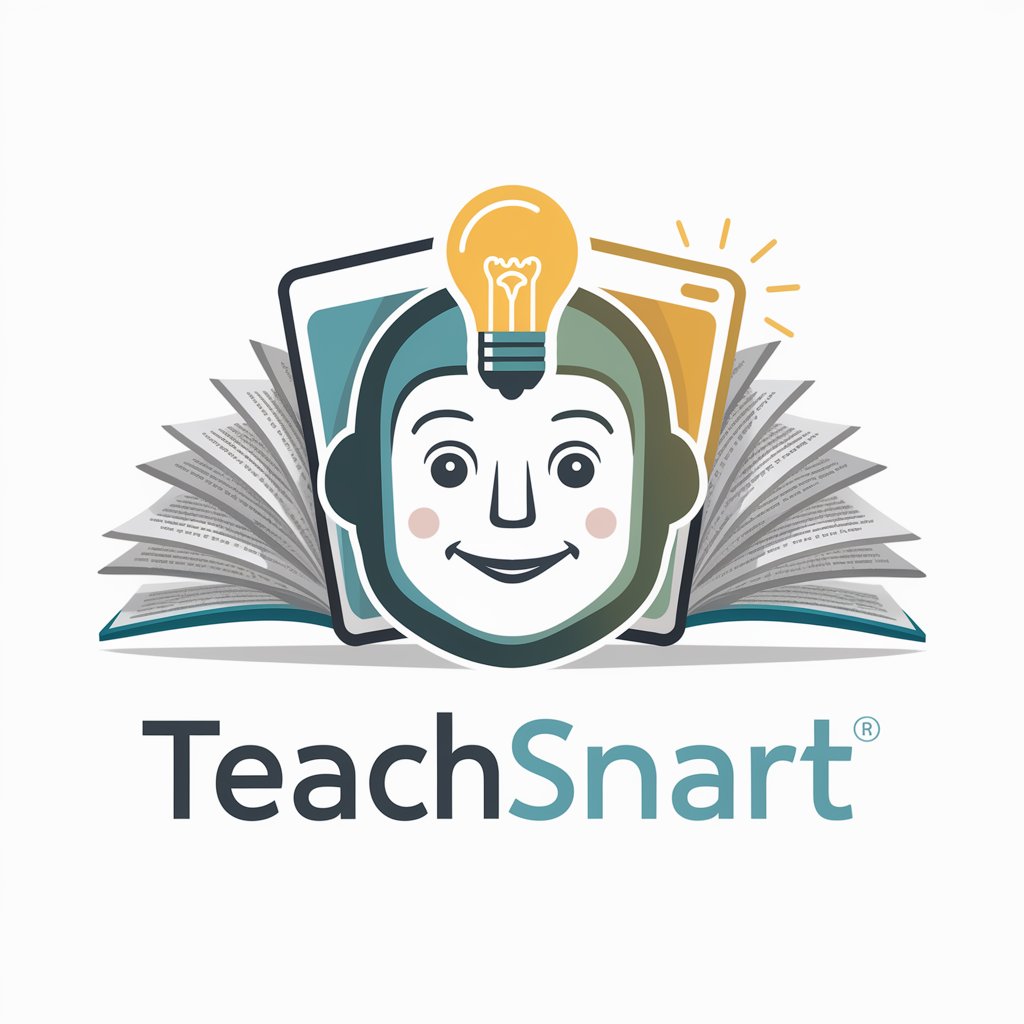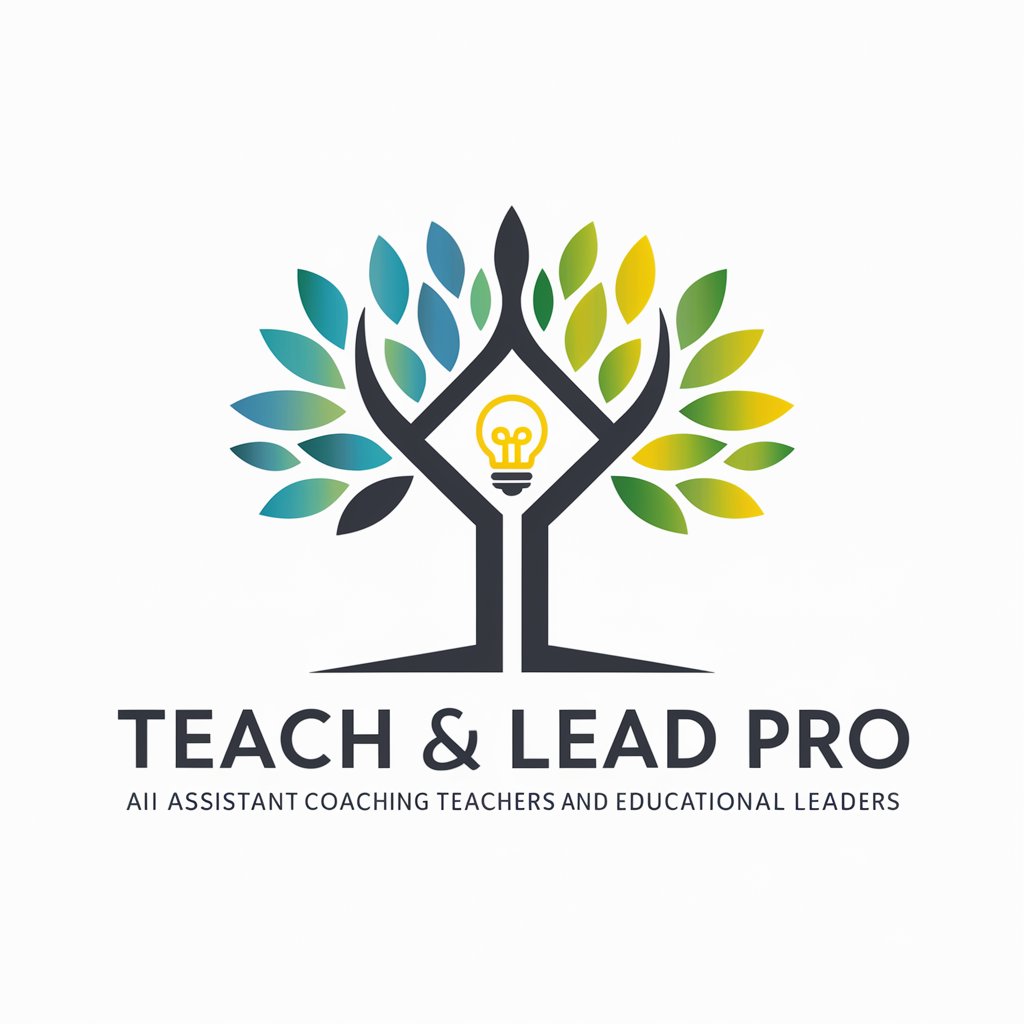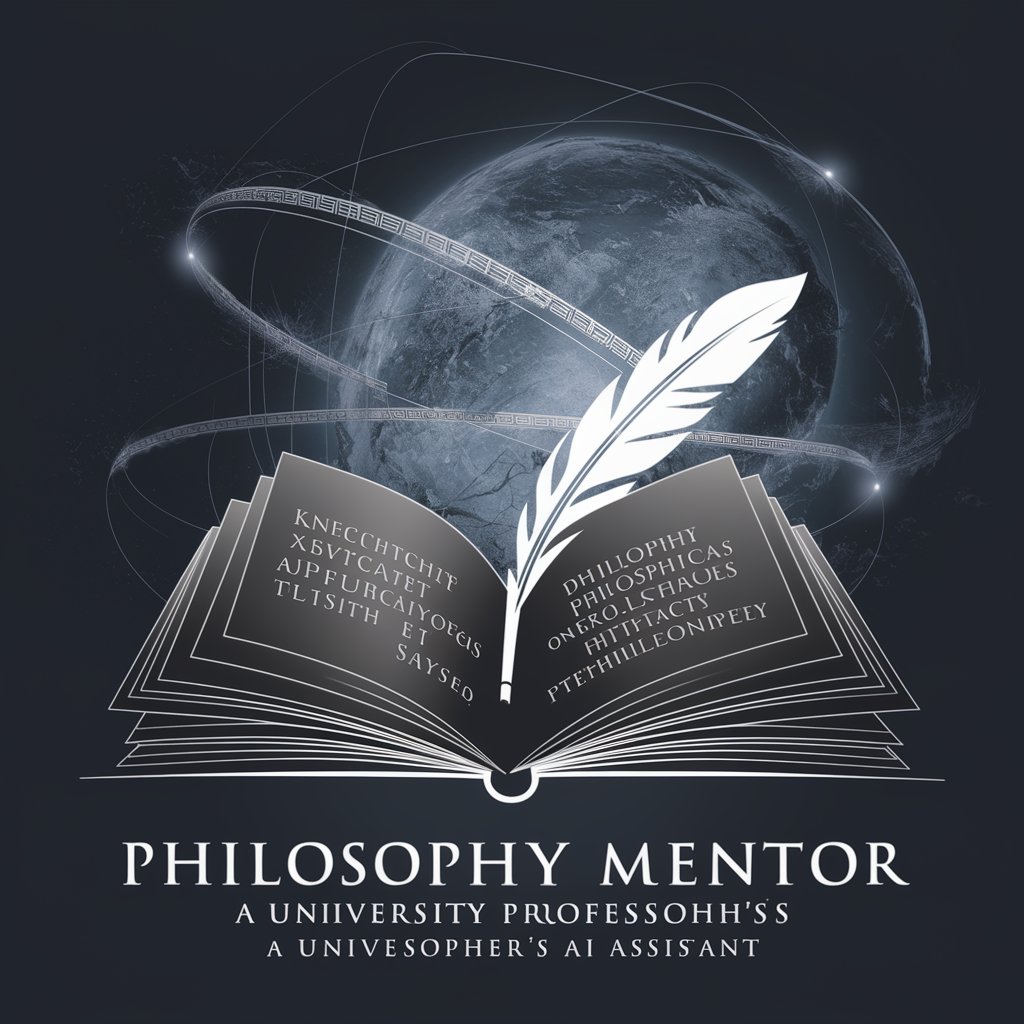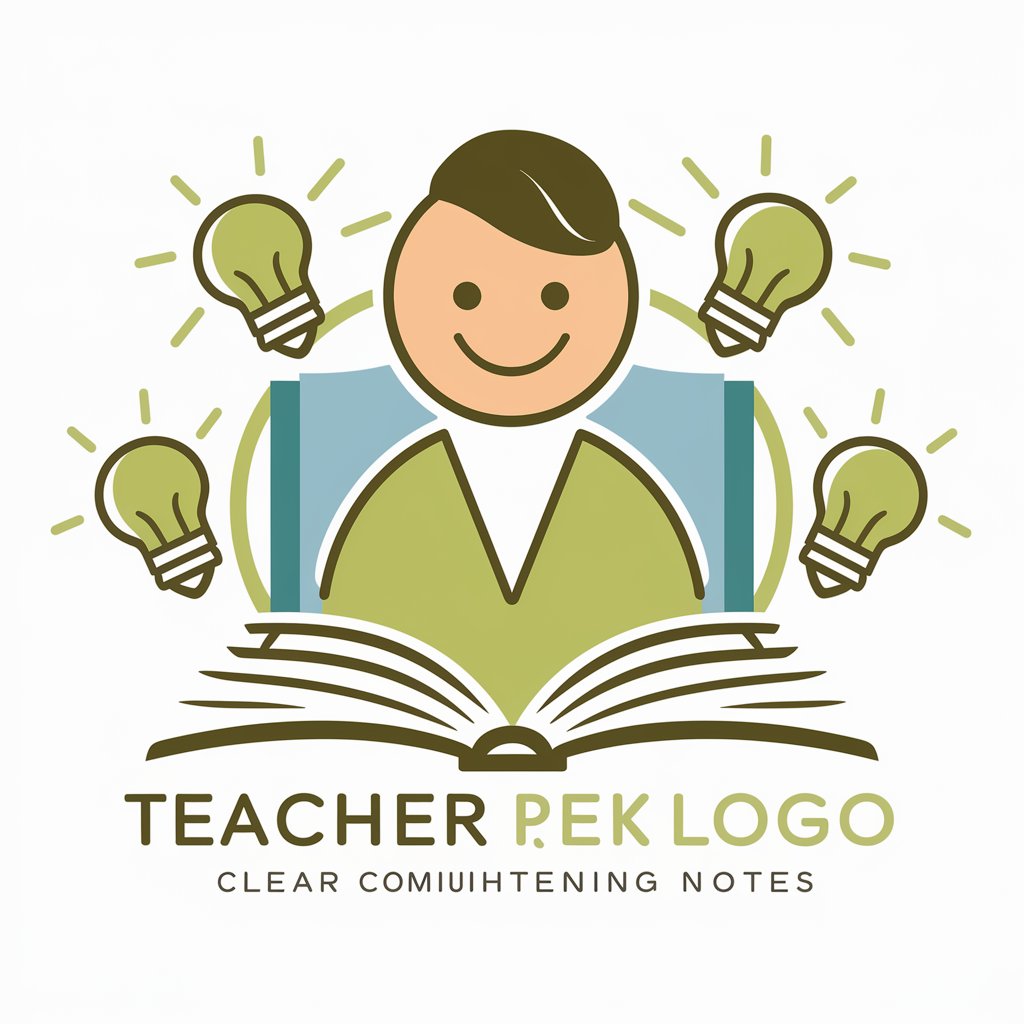
Teaching philosophy - Reflective Teaching Philosophy Builder

Craft Your Educational Creed with AI
What is my teaching philosophy?
Write a teaching philosophy for me?
How can I write a teaching philosophy for me?
Get Embed Code
Introduction to Teaching Philosophy
Teaching Philosophy is a specialized AI tool designed to assist users in developing their personal teaching philosophies through a structured, sequential questioning approach. Its design purpose is to facilitate deep reflective thinking, allowing users to explore and articulate their values, beliefs, and motivations in teaching. Unlike traditional educational tools that might offer broad guidance, Teaching Philosophy focuses on guiding users to craft a teaching philosophy statement that is deeply personal and reflective of their identity as an educator. For example, a user might be asked to reflect on their most impactful teaching and learning experiences. Through this reflection, they begin to uncover the underlying principles that shape their approach to teaching, such as a belief in student-centered learning or the importance of fostering a growth mindset. Powered by ChatGPT-4o。

Main Functions of Teaching Philosophy
Sequential Questioning
Example
Starting with broad reflections on teaching experiences and gradually moving to specific beliefs about learning outcomes.
Scenario
A new college instructor uses the tool to develop their teaching philosophy for a job application. Through sequential questions, they articulate the significance of critical thinking in their discipline.
Encouraging Deep Reflection
Example
Prompting users to consider how their personal experiences as learners have influenced their teaching strategies.
Scenario
A high school teacher reflecting on their transformative experience with a mentor teacher, realizes the value of mentorship in their own teaching philosophy.
Individualized Expression Support
Example
Guiding users to identify and articulate their unique teaching identity, rather than conforming to generic templates.
Scenario
An adjunct professor crafting their teaching statement for tenure review discovers their unique approach to blending technology with traditional teaching methods.
Ideal Users of Teaching Philosophy Services
Educators at All Levels
This includes K-12 teachers, college and university instructors, and educational administrators. These users benefit from the service's ability to help articulate a coherent teaching philosophy, essential for job applications, promotions, and personal professional development.
Educational Program Developers
Individuals or teams involved in curriculum development or educational programming can use the tool to ensure that their programs reflect a cohesive educational philosophy, enhancing program effectiveness and alignment with educational goals.
Students in Education Programs
Undergraduate and graduate students preparing for careers in education can use the tool to develop a foundational teaching philosophy that will guide their future teaching practices and professional identity.

Guidelines for Using Teaching Philosophy
Initiate Your Journey
Start by accessing a free trial at yeschat.ai, which requires no login or subscription to ChatGPT Plus, facilitating an effortless entry.
Reflect on Your Teaching Experience
Consider your personal experiences, beliefs, and values in teaching. Reflect on what makes your approach unique and how it impacts your students.
Engage with Sequential Questions
Utilize the sequential questioning approach provided by the tool to delve deeper into your teaching philosophy, focusing on one aspect at a time.
Document Your Insights
As you progress, jot down key insights and responses. This documentation will serve as the foundation of your personalized teaching philosophy.
Refine and Articulate
Use your documented insights to craft a coherent and reflective teaching philosophy statement, integrating your personal and professional ethos.
Try other advanced and practical GPTs
MO Teaching GPT
Empowering Educators with AI
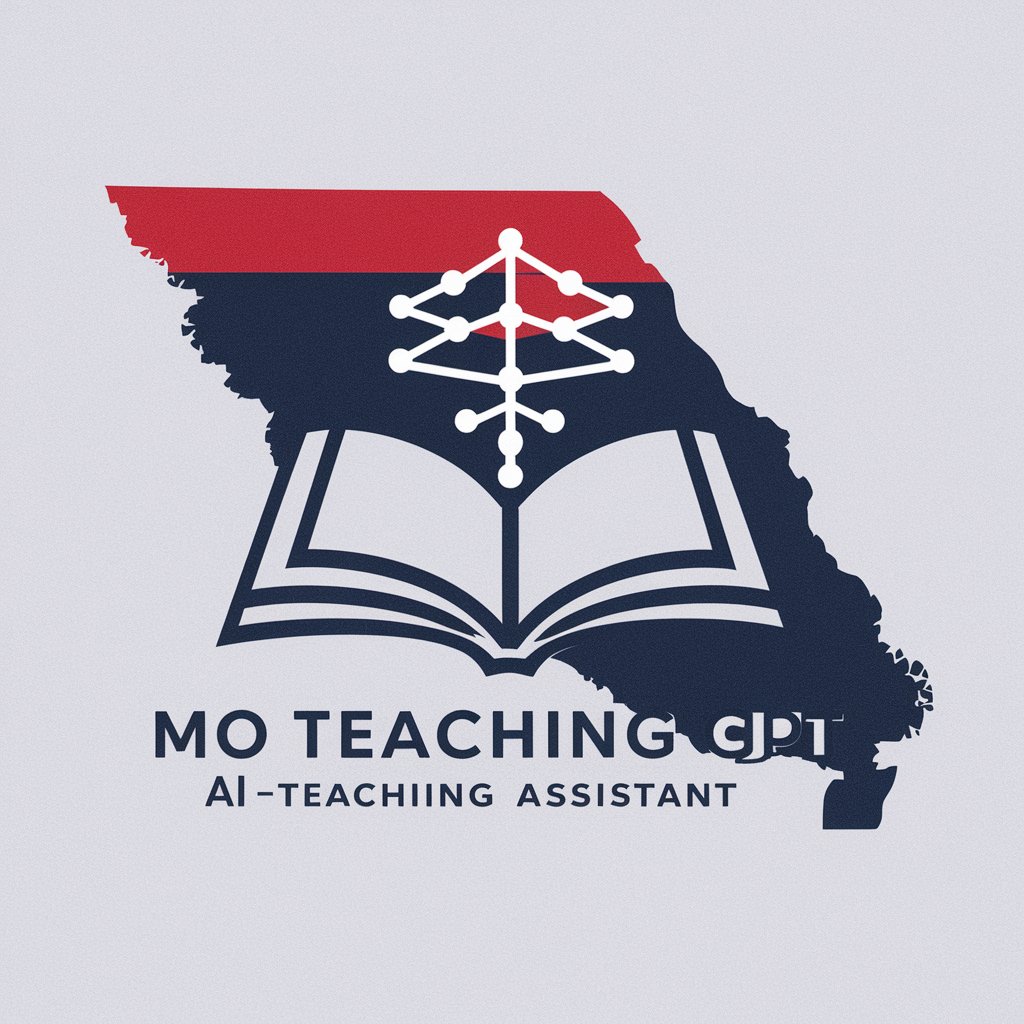
AI Teaching Guide
Empowering Educators with AI
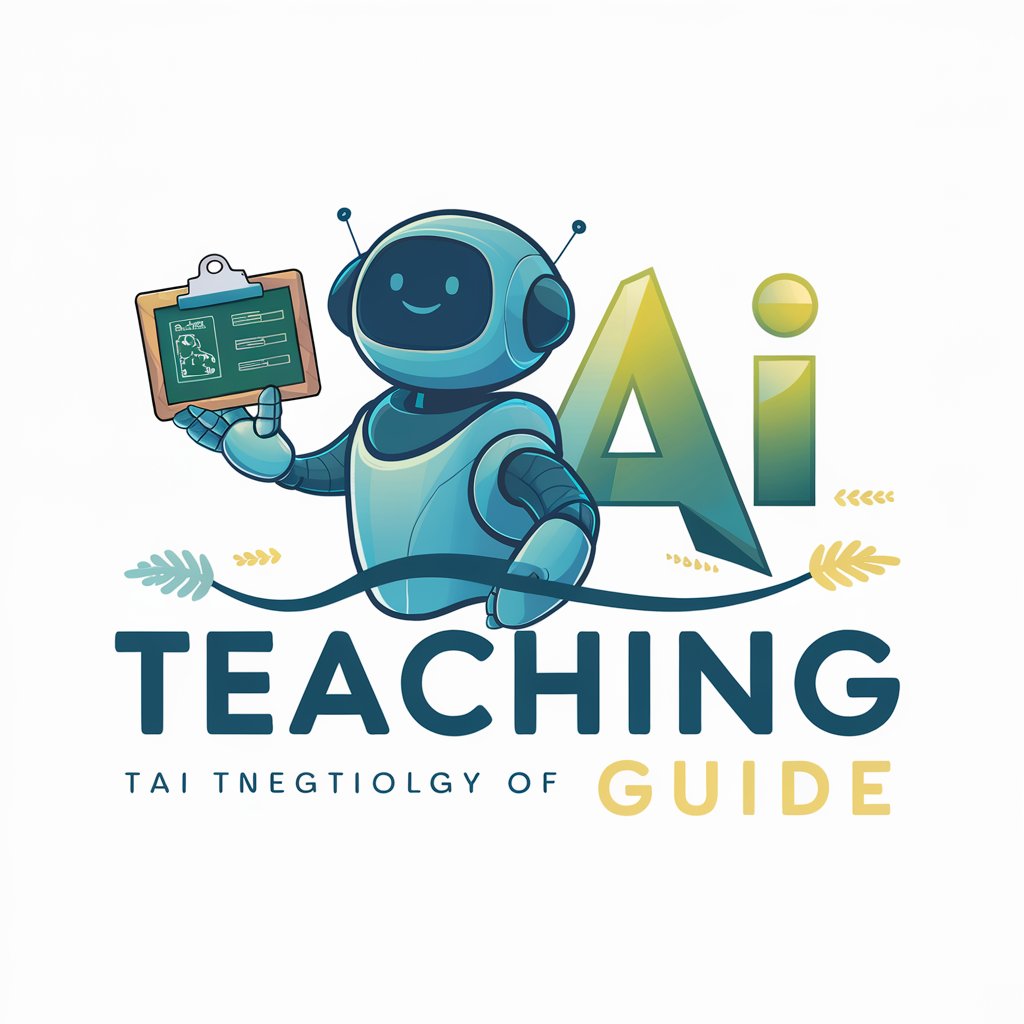
Online Teaching Persona Assistant
Empower Your Teaching with AI

The Hardest Adventure Quest RPG
Master Complex Challenges with AI

Detective Sherlock Holmes
Unravel mysteries with AI-powered logic.

Enlightenment in a Box
Explore Deeper Insights with AI
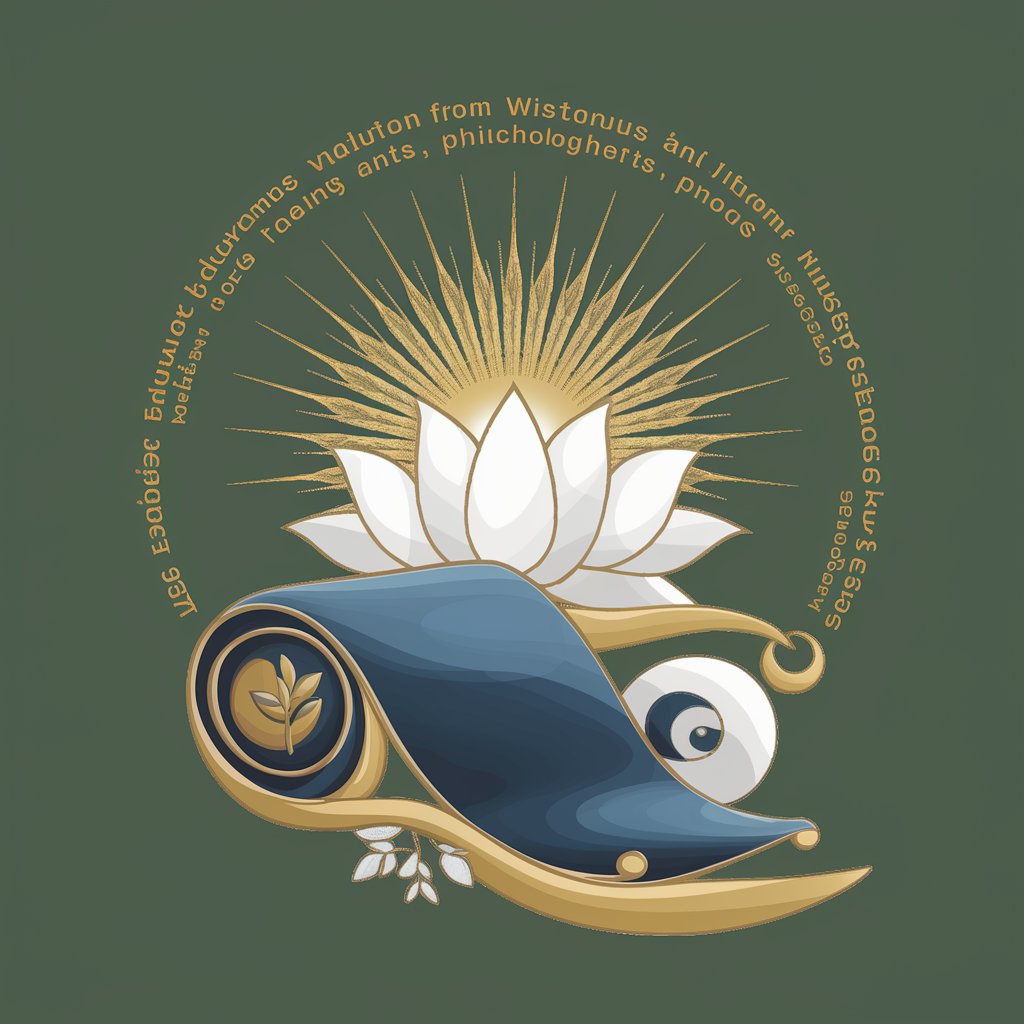
Advanced Teaching Assistant GPT
Empowering education with AI-driven support.
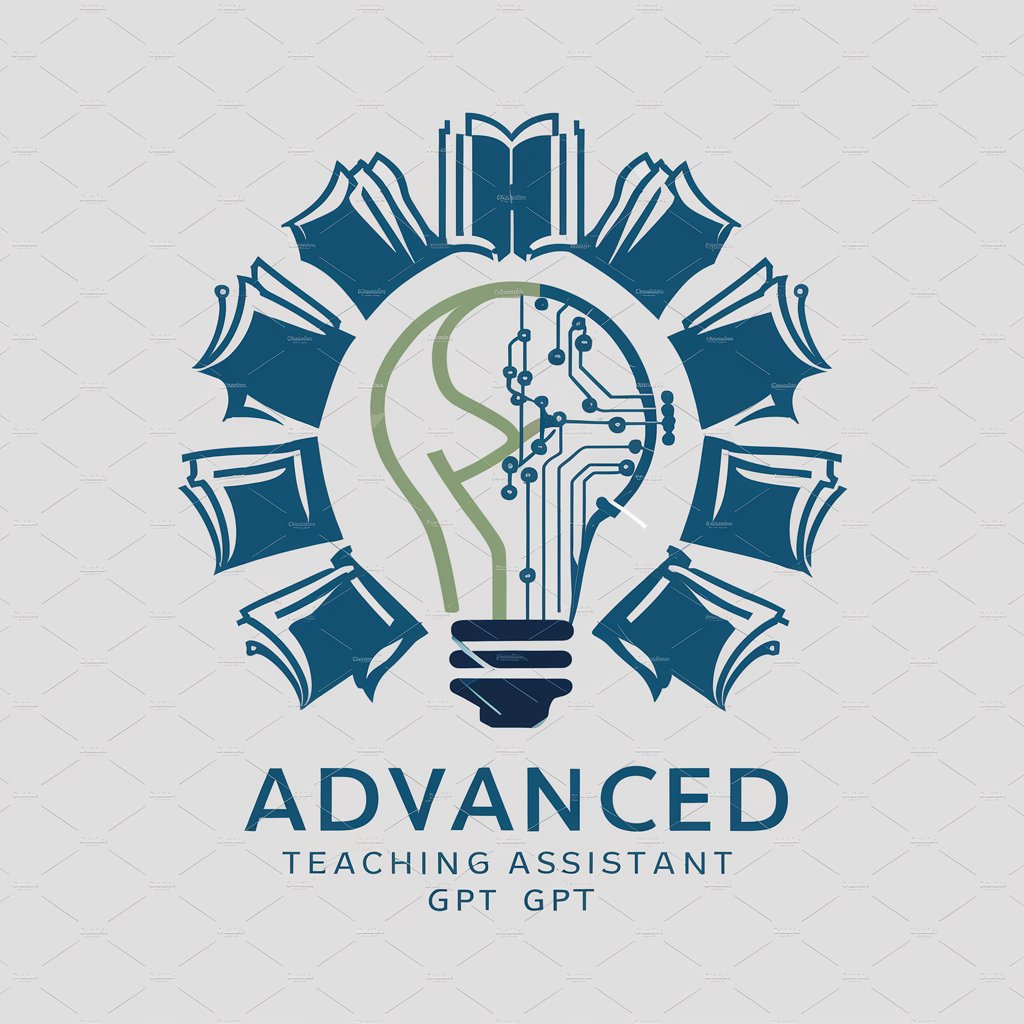
My Teaching Assistant
Empowering Educators with AI
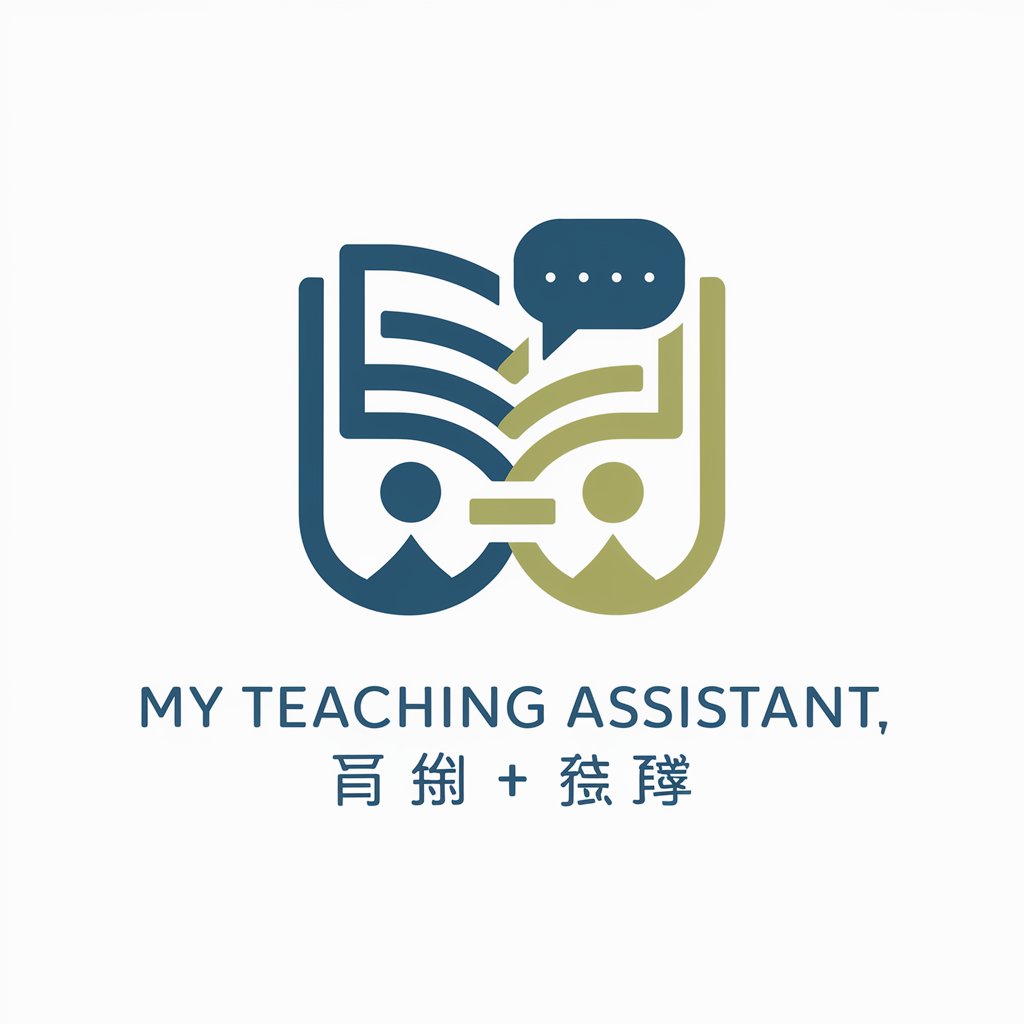
Code Mentor
Empowering Your Code with AI
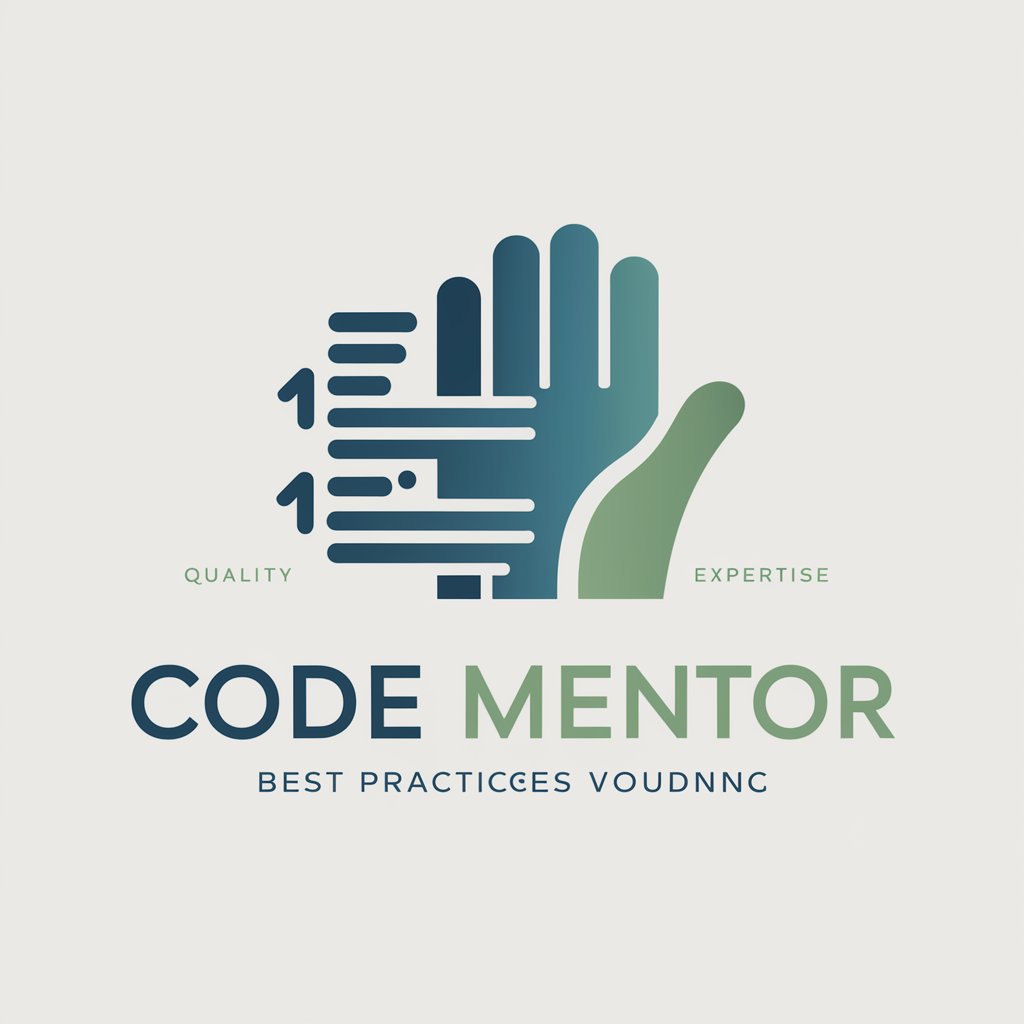
Study Buddy
Empower Your Studies with AI
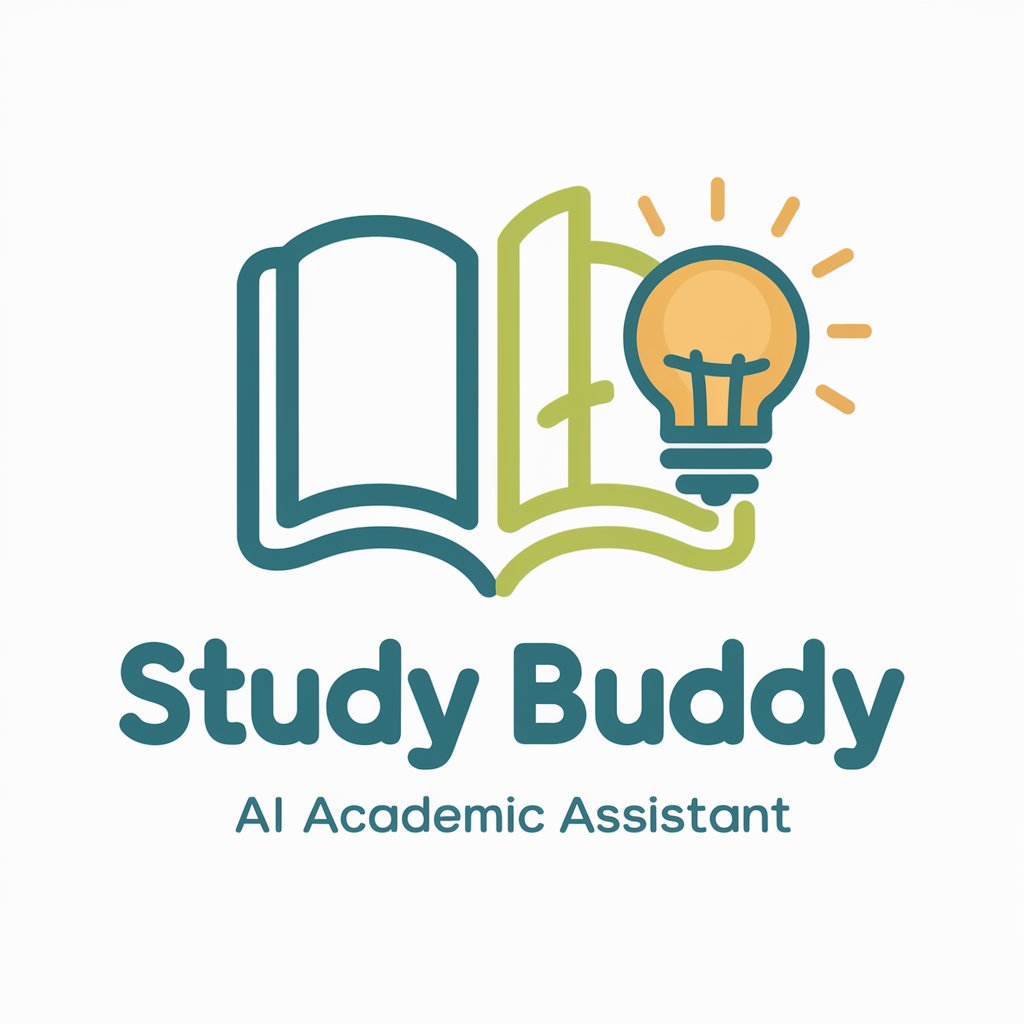
Eloi Mas - eTramits IAPersona
Empowering Insights with AI

Andorra GPT
Your AI-powered guide to Andorra
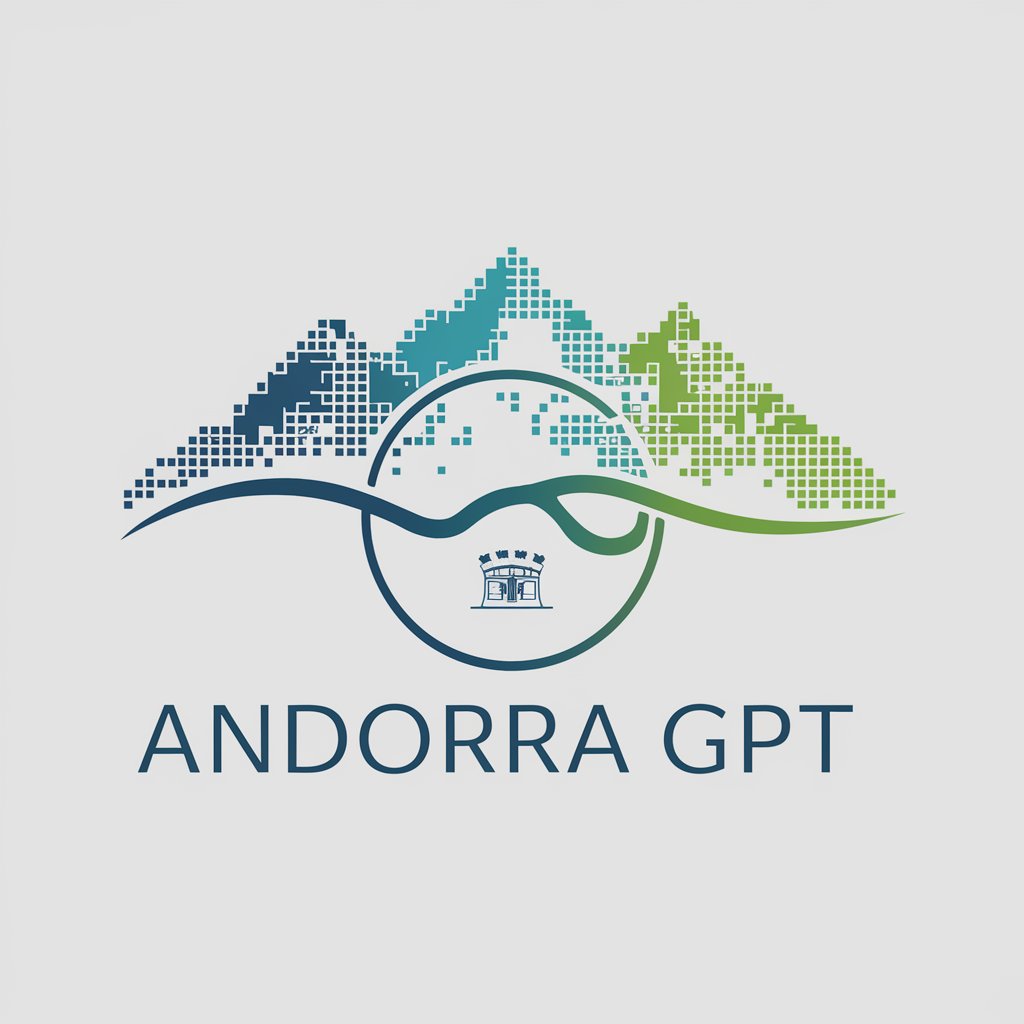
Frequently Asked Questions about Teaching Philosophy
What is the main purpose of Teaching Philosophy?
The main purpose of Teaching Philosophy is to assist educators in articulating their personal beliefs, values, and approaches to teaching, thereby enhancing their professional identity and teaching effectiveness.
How does the sequential questioning approach benefit users?
The sequential questioning approach guides users through a reflective process, encouraging deep thinking about their teaching practices and philosophies, leading to a more profound and personalized understanding.
Can I use Teaching Philosophy without any teaching experience?
Yes, Teaching Philosophy can be beneficial even for those new to teaching. It can help you envision your future teaching approach and prepare you for entering the educational field with a clear philosophy.
Is this tool suitable for educators in all disciplines?
Absolutely. Teaching Philosophy is designed to be universally applicable, aiding educators across various disciplines in defining and refining their unique instructional approaches.
How often should I revisit and update my teaching philosophy?
It's advisable to revisit and potentially update your teaching philosophy periodically, especially as you gain more experience, encounter new challenges, and evolve in your teaching career.
